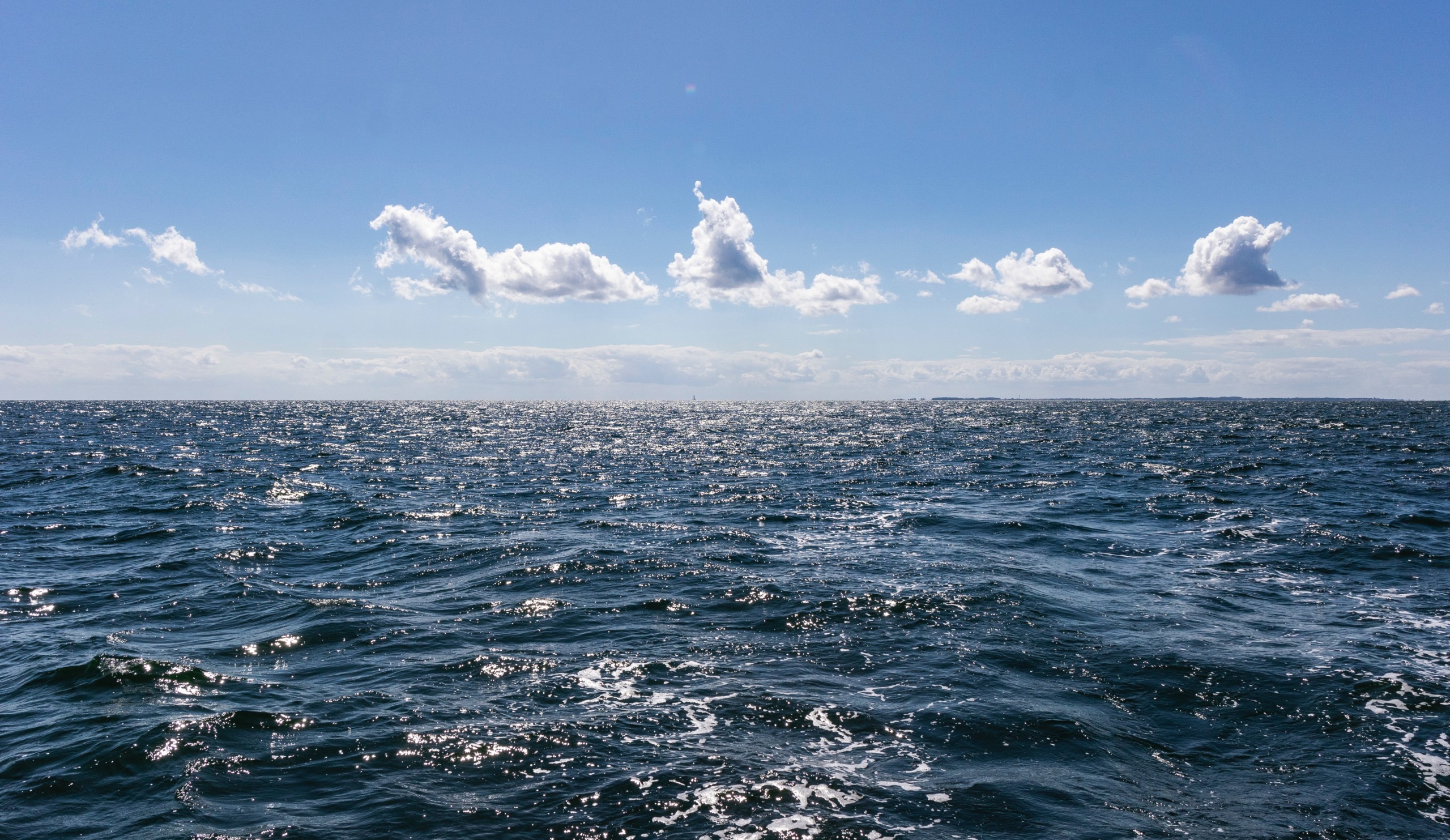Almost a year ago, on 4 March 2022, a strategic pause of HELCOM was announced. What does that mean in practice?
On 4 March 2022, against the background of the still ongoing geopolitical crisis, the German Chairmanship of HELCOM issued a statement declaring that the European Union and the Contracting Parties to the Helsinki Convention on the Protection of the Marine Environment of the Baltic Sea Area that are Member States of the European Union (H 9) unanimously agreed that they could not currently engage in business as usual with the Russian Federation in the context of HELCOM.
Therefore, the Chairmanship, in agreement with the H 9, suspended all official meetings of HELCOM bodies and meetings of project groups with Russian involvement under the HELCOM umbrella with immediate effect. This concerned all HELCOM Working Groups, Expert Groups, and other subsidiary bodies of the Commission, as well as the HELCOM projects. The meetings were not cancelled, but rather postponed until further notice.
The suspension has been prolonged until further notice under the current Latvian Chairmanship of HELCOM. However, it does not imply that HELCOM as such has ceased operations.
Has HELCOM been doing anything since?
Since the declaration of the strategic pause in March of last year there have been no official meetings of HELCOM bodies, but HELCOM has remained operational and continues to work for the protection of the Baltic Sea environment. HELCOM activities, such as the implementation of the 2021 Baltic Sea Action Plan and the third Holistic Assessment of the Baltic Sea (HOLAS 3), are on track and envisioned timelines are being observed. There is neither an interruption nor a delay in HELCOM operations.
Is Russia still a part of HELCOM?
Yes, the Helsinki Convention remains in force and Russia is still a Contracting Party to the Convention.

